Vietnam's budget revenue has increased rapidly from over 100 trillion to over 2 million billion by 2024.
The Ministry of Finance's report shows that the state budget revenue for the whole year of 2024 is estimated to reach about 2 million billion VND, an increase of 15.5% compared to the implementation in 2023, marking the first time that Vietnam's budget revenue has reached this milestone.
Vietnam's budget revenue history shows steady growth over the years. From a budget revenue of just over 100 trillion VND, this figure has surpassed 1 quadrillion, then 2 quadrillion.
Specifically, in 2002, budget revenue reached just over 120 trillion VND. By 2007, this figure had exceeded 430 trillion VND. In 2012, Vietnam recorded budget revenue exceeding 1 quadrillion VND for the first time, and 12 years later, this figure reached 2 quadrillion VND.
This shows that it took Vietnam 22 years to increase budget revenue from over 100 trillion to over 2 million billion VND.
The important "push" that helped Vietnam's budget revenue skyrocket was after our country joined the World Trade Organization (WTO) in 2007. This event has strongly promoted Vietnam's economic development. In 2006, GDP per capita was only 730 USD, but by 2023 it had increased to 4,347 USD/person.
One year after joining the WTO, budget revenue has made a breakthrough. In 2008, budget revenue reached more than 548 trillion VND, an increase of 27% (118 trillion VND) compared to 2007.
Along with the increase in foreign investment capital, such as the Samsung project in Bac Ninh inaugurated in 2008 and the continuous expansion of investment in Bac Ninh, Thai Nguyen, Ho Chi Minh City also contributed to strengthening the budget revenue. Tax reform measures towards increasing domestic revenue such as the Personal Income Tax Law effective from January 1, 2009 and the environmental protection tax on gasoline from January 1, 2012 also contributed to this growth.
In recent years, the tax sector has strengthened measures to combat tax losses and sought new sources of revenue, helping to maintain the growth momentum of budget revenue. However, along with that, the tax sector has also implemented many tax exemption and reduction measures to support businesses facing difficulties such as the Covid-19 pandemic period, VAT reduction...
That is collecting taxes from foreign suppliers, cross-border platforms such as Facebook, Google, Tiktok, ... applying electronic invoices, preventing loss of real estate transfer tax, preventing the situation of buying and selling houses at "two prices", ...
Although revenue has continuously increased, regular expenditures remain high, making the national financial situation not really stable.
Regular expenditure is the expenditure task of the state budget to ensure the operation of the state apparatus, political organizations, socio-political organizations, support the operation of other organizations and carry out the regular tasks of the State on socio-economic development, ensuring national defense and security.
In recent years, regular expenditure has always been around 1 million billion VND, accounting for about 60-65% of total budget expenditure. The remaining amount is for development investment and repayment of principal and interest. Of course, that amount is not enough, so the budget has to borrow hundreds of thousands of billions each year.

Source: https://vietnamnet.vn/mat-bao-lau-de-viet-nam-thu-ngan-sach-tu-hon-100-nghin-ty-len-2-trieu-ty-2358954.html


![[Photo] Flower cars and flower boats compete to show off their colors, celebrating the 50th anniversary of Da Nang Liberation Day](https://vstatic.vietnam.vn/vietnam/resource/IMAGE/2025/3/28/086d6ece3f244f019ca50bf7cd02753b)



![[Photo] Training the spirit of a Navy soldier](https://vstatic.vietnam.vn/vietnam/resource/IMAGE/2025/3/29/51457838358049fb8676fe7122a92bfa)
![[Photo] President Luong Cuong hosts state reception for Brazilian President Luiz Inacio Lula da Silva](https://vstatic.vietnam.vn/vietnam/resource/IMAGE/2025/3/28/56938fe1b6024f44ae5e4eb35a9ebbdb)
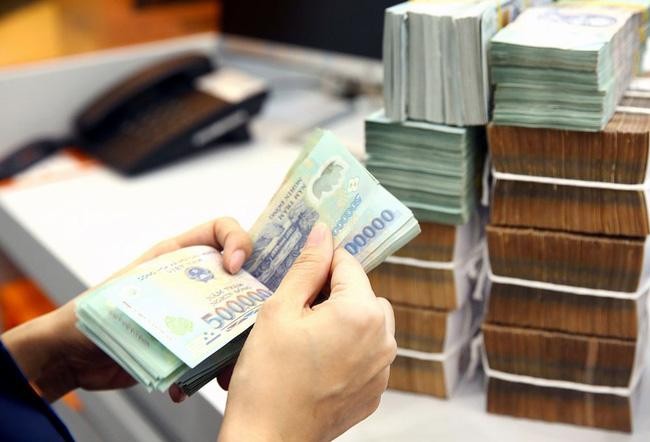

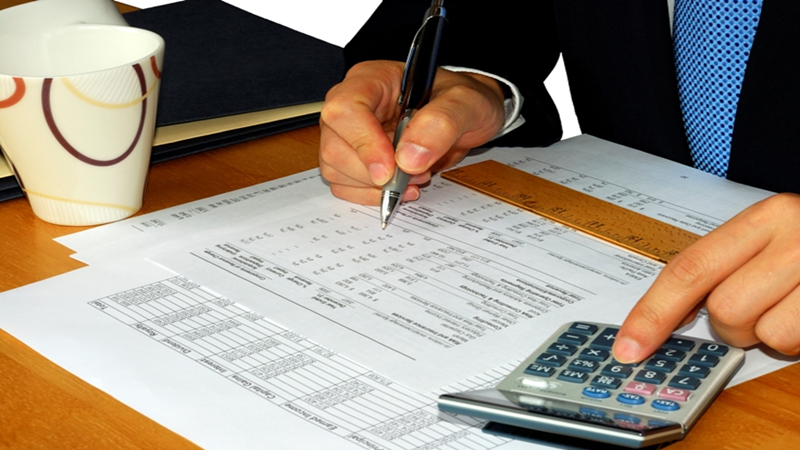


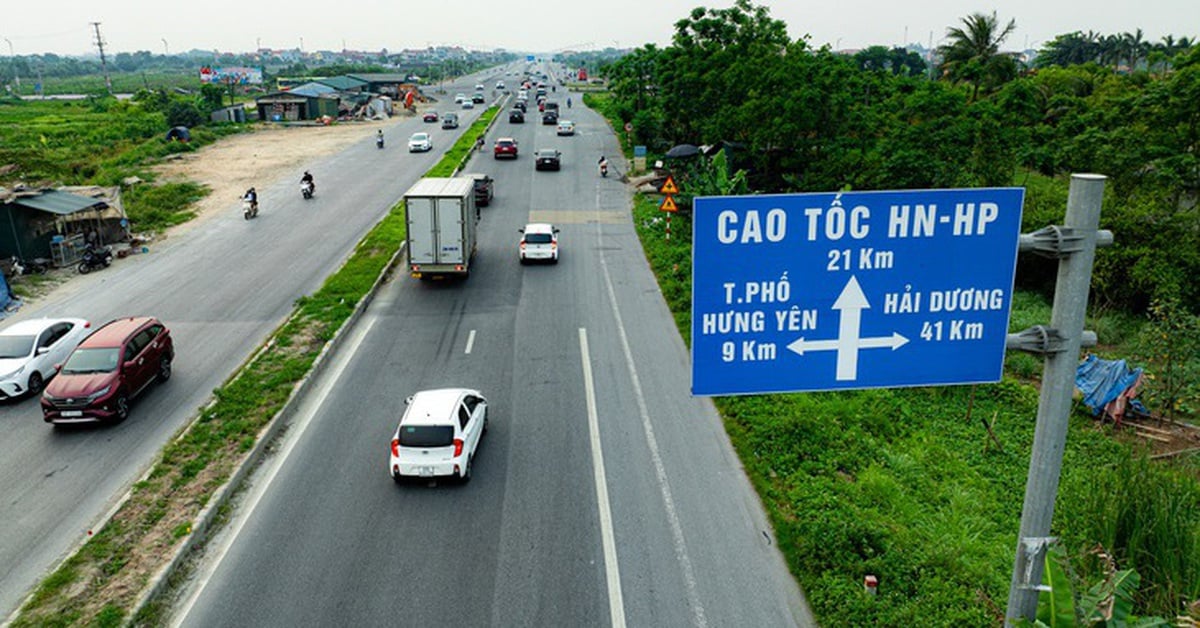

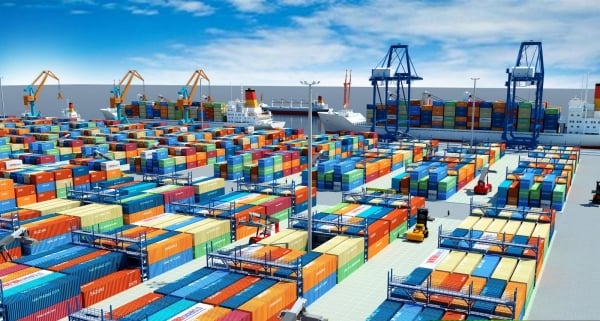















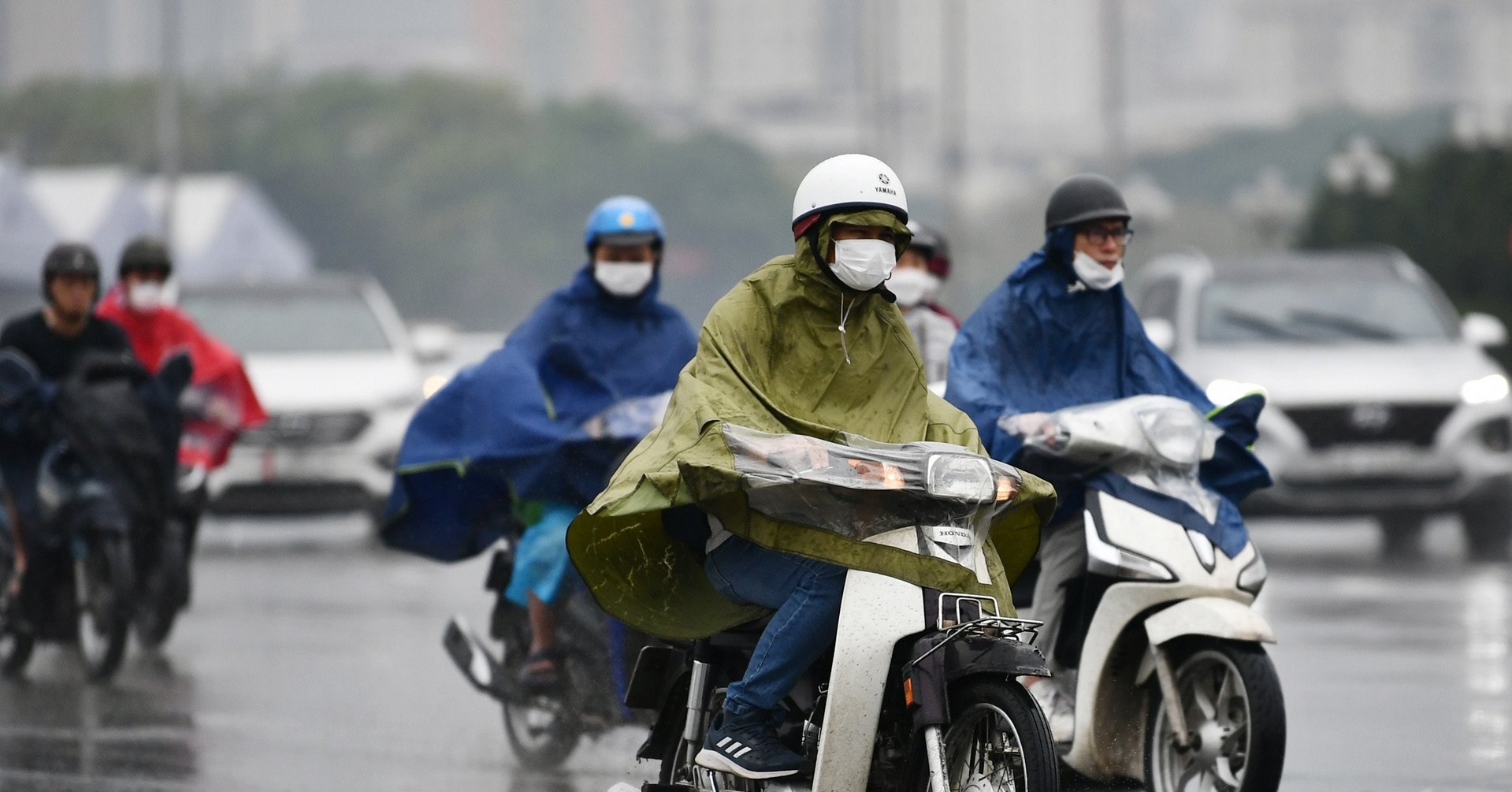






































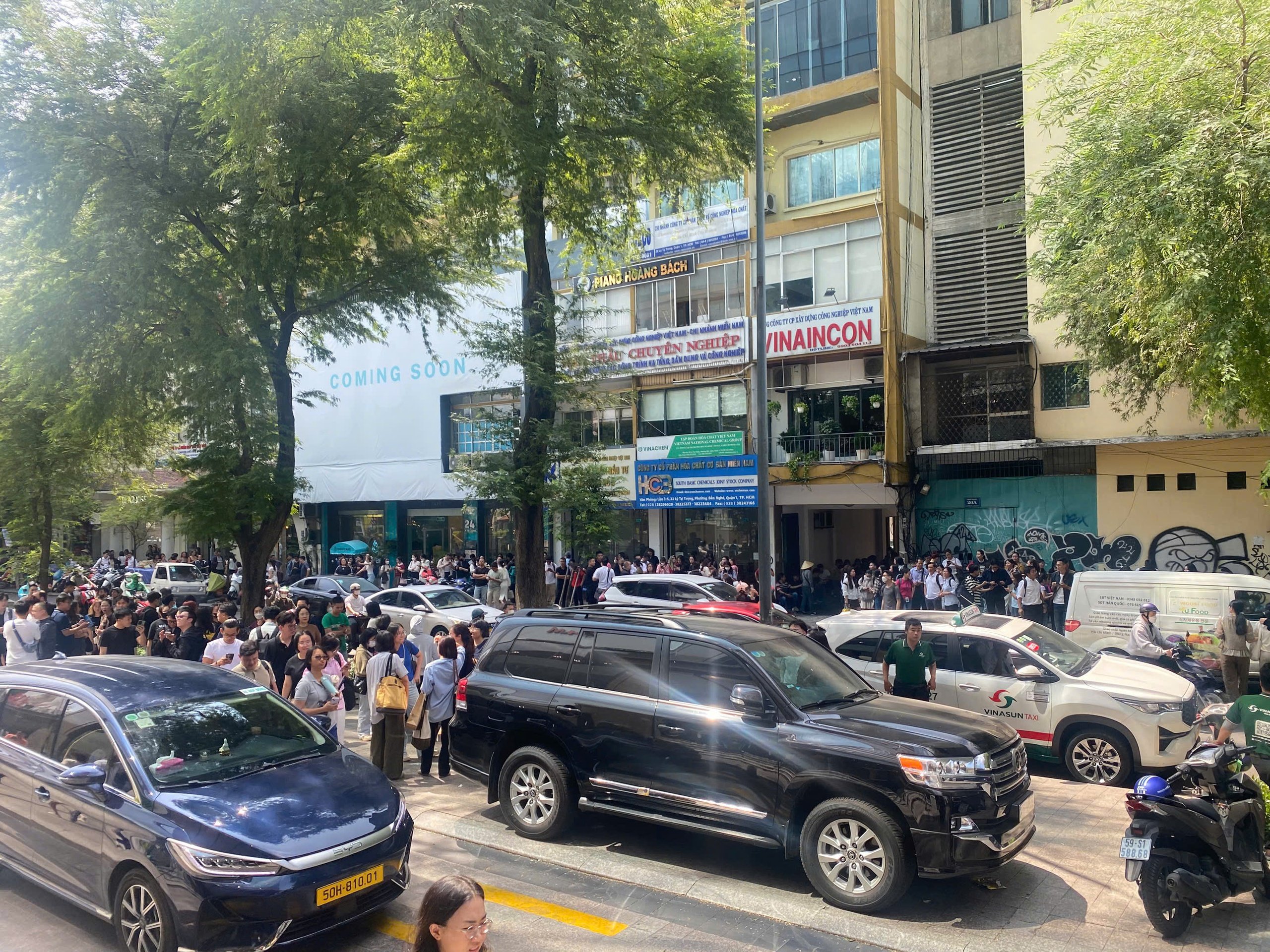
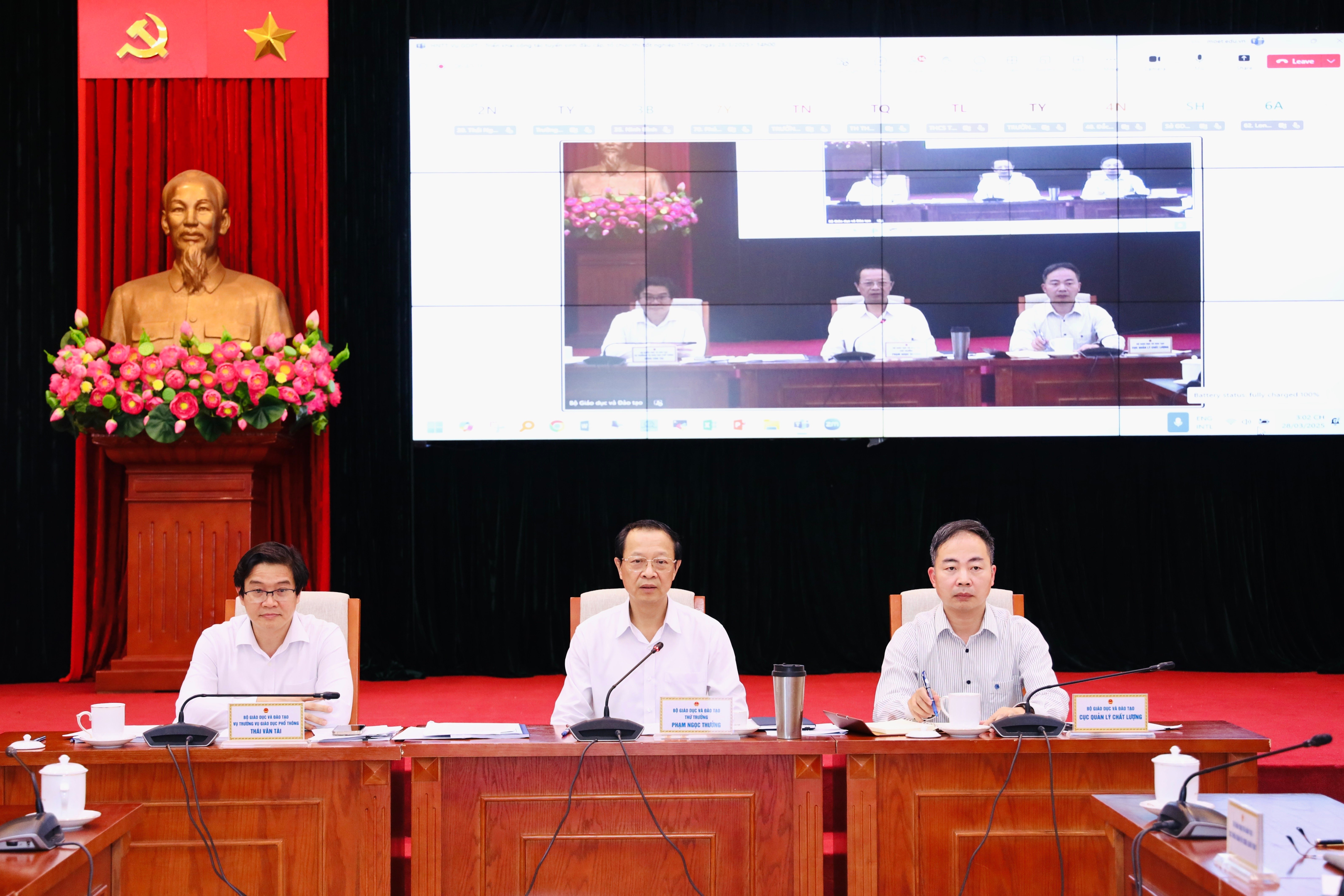
























Comment (0)